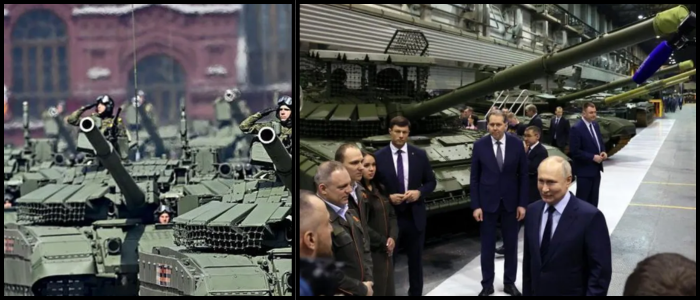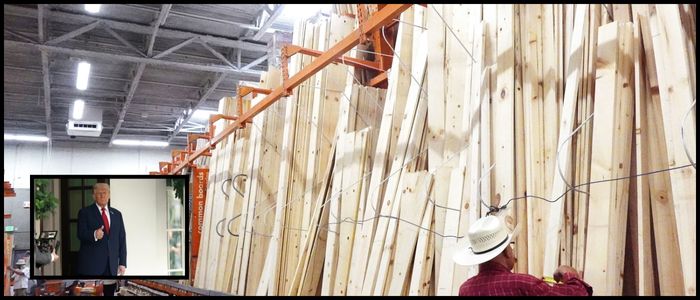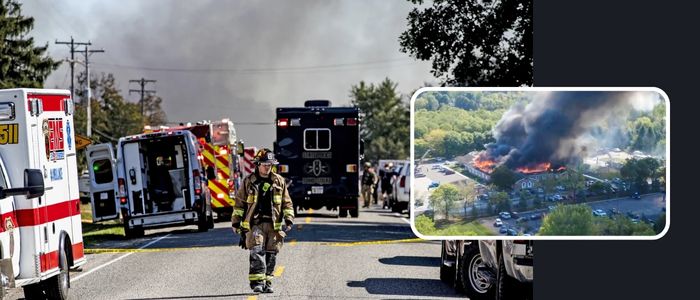Expansion Fueled by Military Expenditure
In 2024, Russia's economy grew faster than any G7 country at 4.3%, according to official statistics. This was faster than the 1.1% seen in the UK and 2.8% in the US. A big contributor to that growth was the Kremlin's all-time high levels of military spending.
Oil exports have held steady as well, with shipments rerouted to countries such as China and India after losing their European markets. Russia has employed a "shadow fleet" of tankers to circumvent sanctions and keep crude exports flowing. The ruble has rebounded, too, jumping more than 40 per cent this year and ranking as the world's best-performing currency, according to Bank of America.
Inflation, Shortages and a Budget Pressure
The economy appears strong from the outside, but stresses are growing. Inflation hit 9.9% by April, and interest rates were raised to 20% as the central bank attempted to cool the overheated economy. Labour shortages are becoming so serious that there are more than 2.6 million vacancies thanks to men called up or gone away.
The economist Yevgeny Nadorshin conceded that defaults and bankruptcies were likely in the near future but that the coming downturn would be moderate and not an economic collapse. Unemployment in Russia has remained historically low, at 2.3 per cent, but the image is one of stagnation.
Meanwhile, oil and gas receipts in May plummeted 35% year-on-year, exacerbating the budget deficit and leading the government to divert spending from infrastructure projects and towards the support of military priorities. Analysts caution that critical areas like road and utility services will suffer as a result.
Sanctions Continue to Tug at Long-Term Prospects
Western sanctions, meanwhile, continue to limit the ability of Russia to import high-tech equipment, damaging sectors like car manufacturing. The EU has outlawed coal imports and is aiming to end all purchases of Russian gas by 2027.
While Russia adjusted by increasing its exports of energy to Asia, the country's long-term economic outlook is cloudy. But the political analyst András Tóth-Czifra warned that, although sanctions won't put a stop to Russia's war machine in the short term, they will create stumbling blocks to Russian growth and diversification.
The Kremlin maintains that the economy is stable. The spokesman, Dmitry Peskov, recently cited "macroeconomic strength" and "successful development." But experts say long-term legacies from the war and the sanctions are inevitable.
Pressure may ease if peace is achieved between Russia and Ukraine. Even if the US seeks new economic relations, the European nations are expected to retain their sanctions. Partial trade aside, a complete revival of prewar energy cooperation with Europe is probably out of the question.
War's lasting economic impacts on Russia are now coming into focus — and options to offset them increasingly seem to be narrowing.
Top

Russia's Economy Struggles Beneath Surface Growth

Russia's economy has defied expectations with its resilience as it grapples with the world's harshest sanctions since it invaded Ukraine in 2022. But signs that the nation's problems run deeper are beginning to surface as 2026 approaches.











